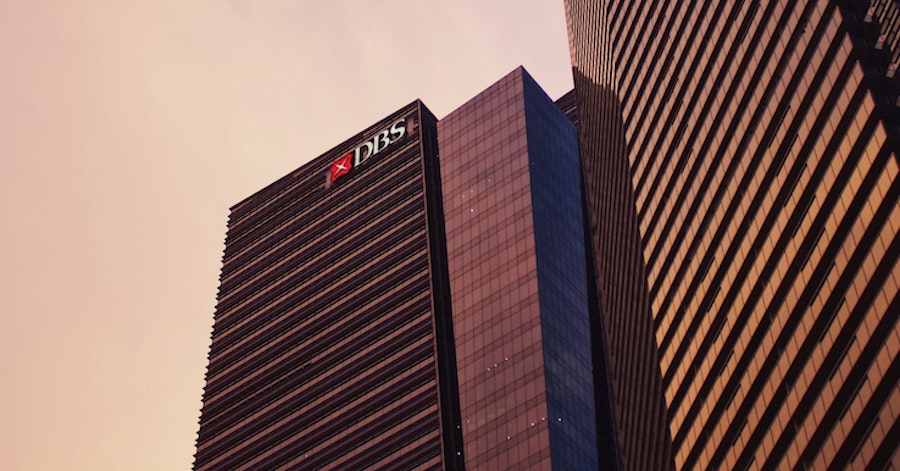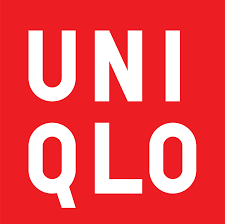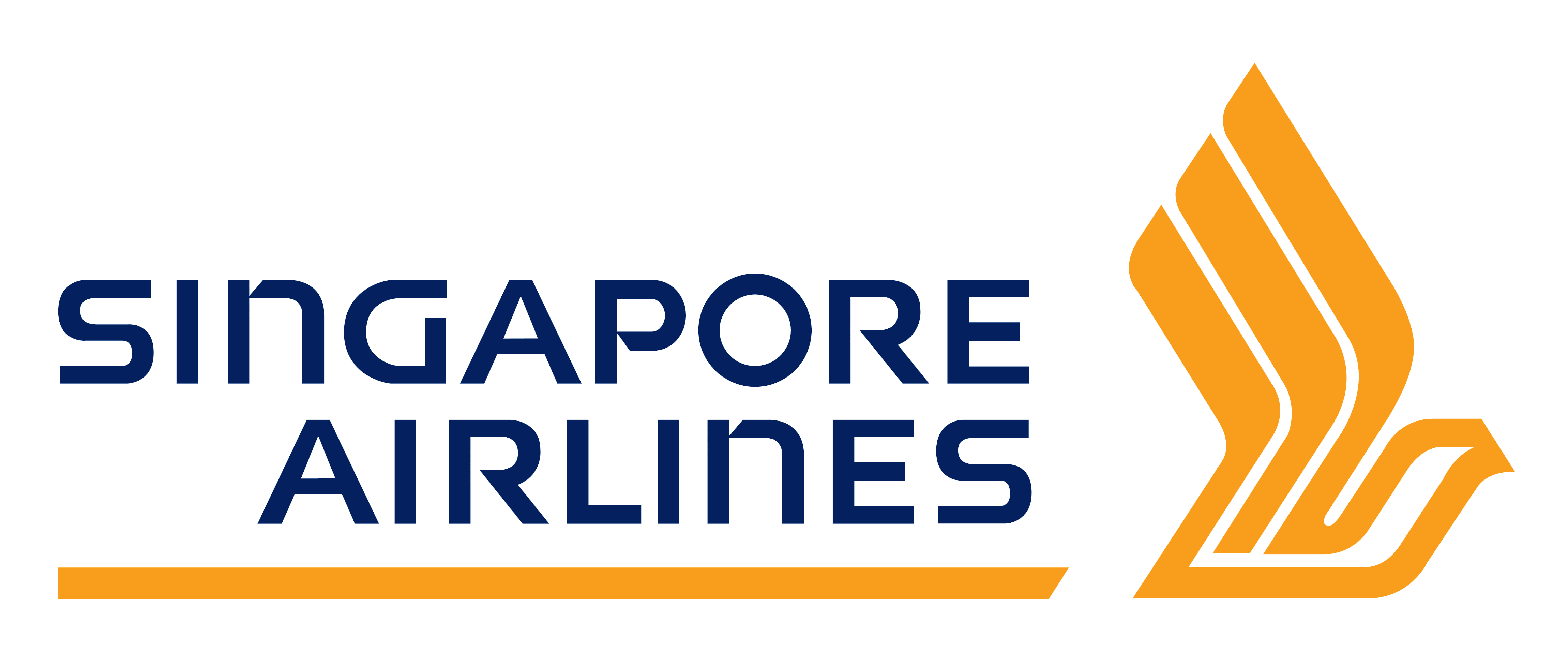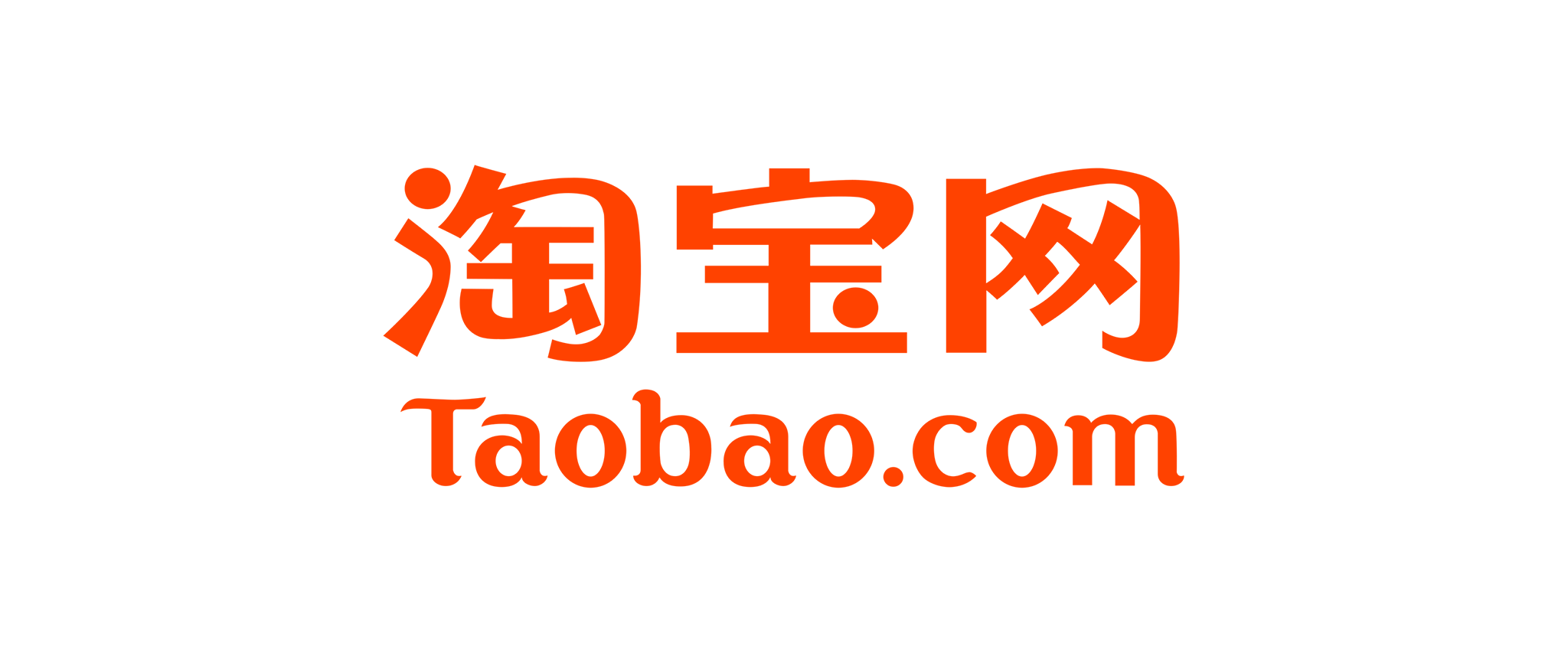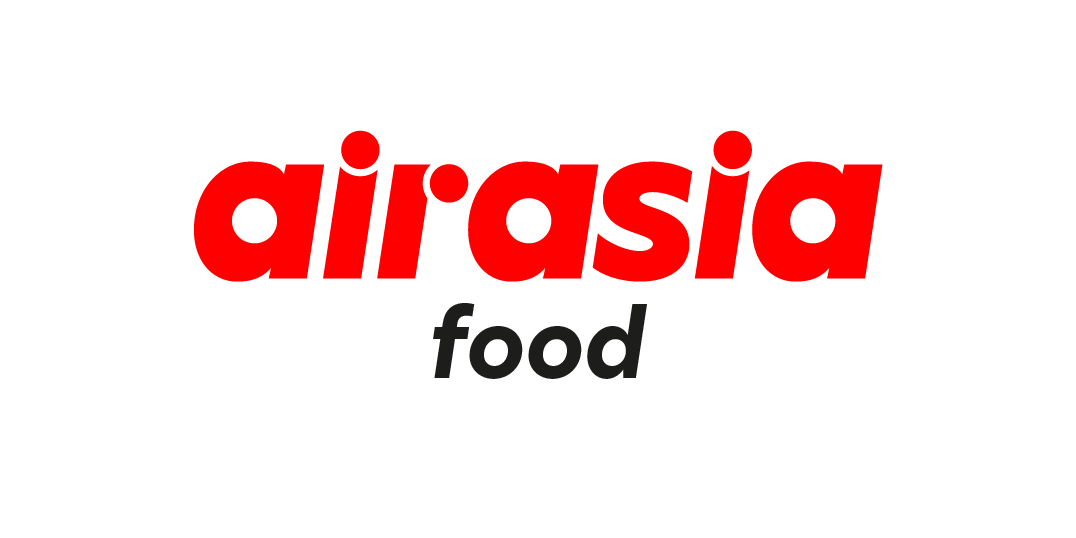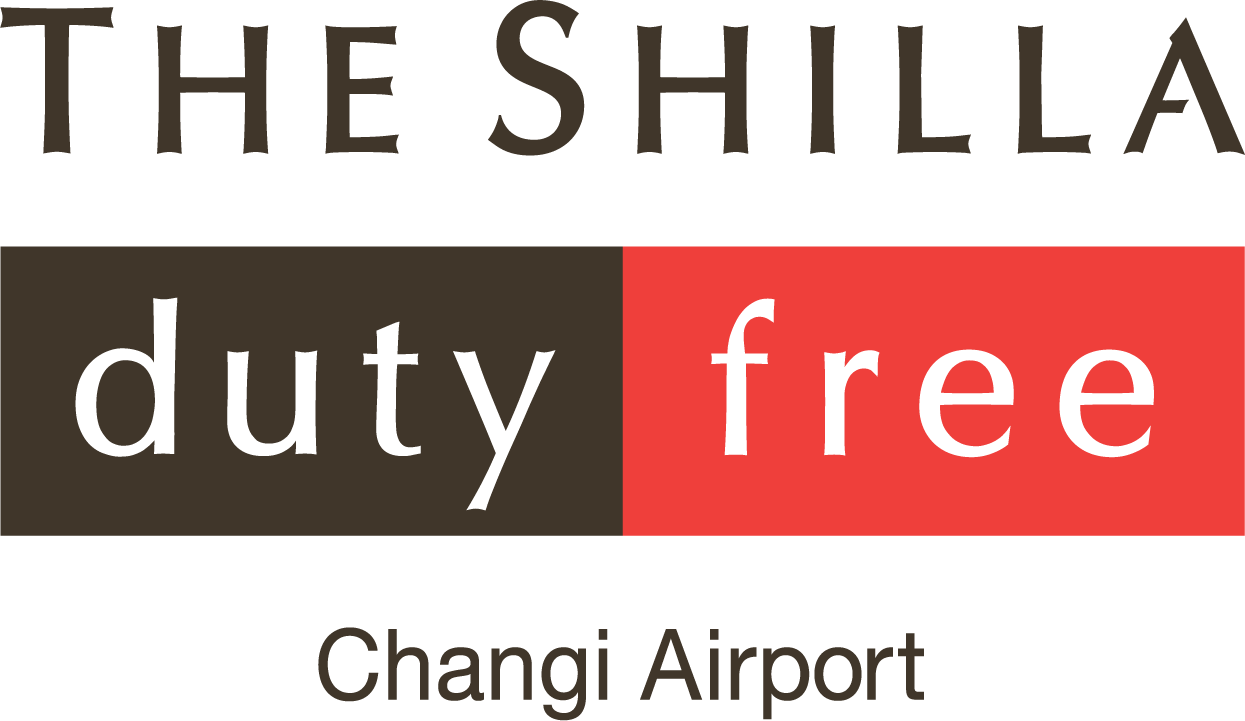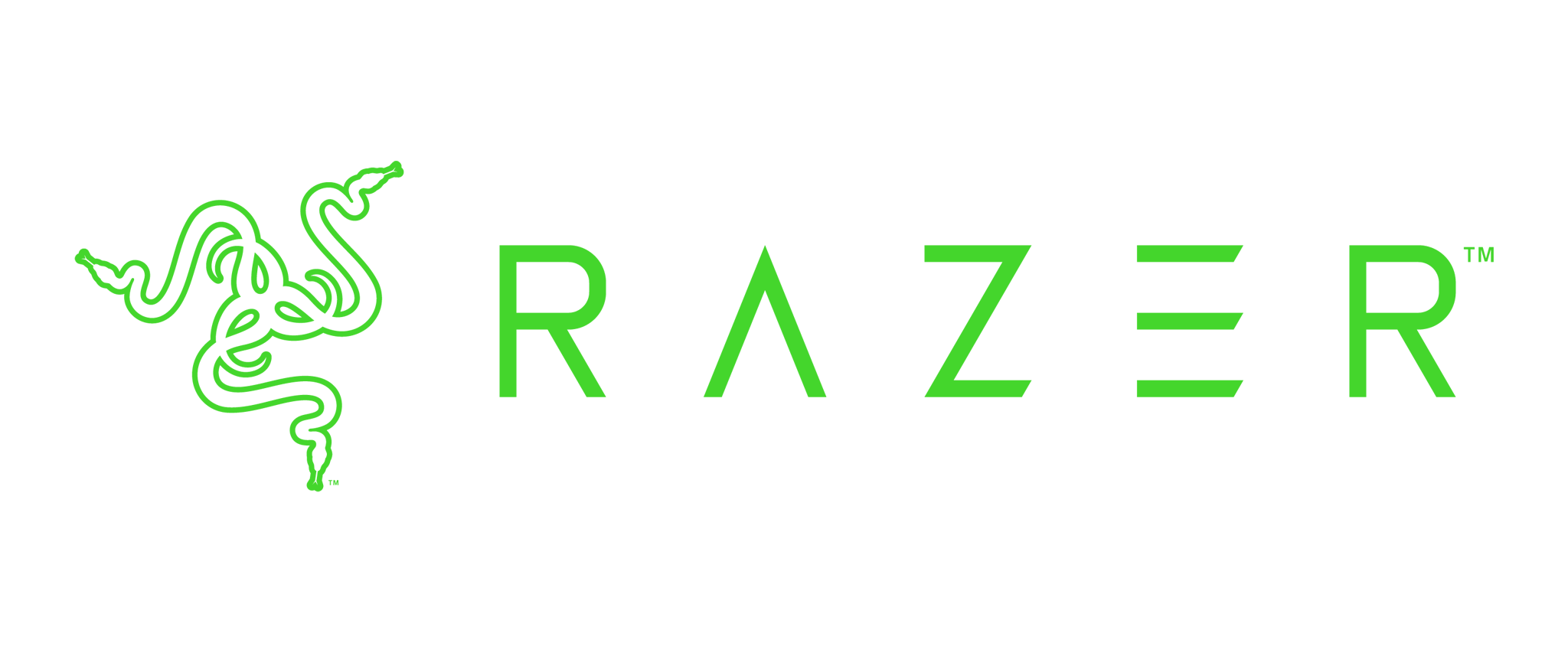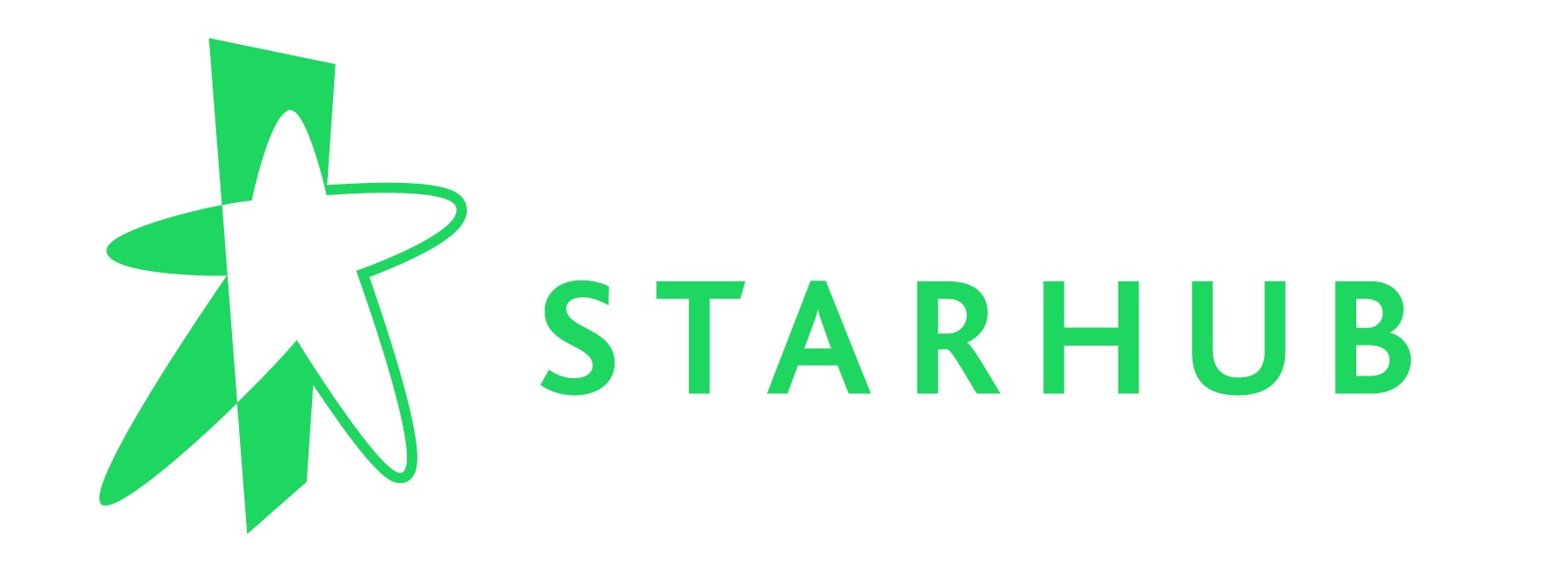Ecommerce scams, phishing emails, and computer viruses – instead of helping one another during the pandemic, some are focused on scamming your money!
Unfortunately, not everyone wants to be kind and helpful in this difficult time. Over the last few weeks, there seem to be an increase in scams that exploit those who are trying to be prepared during this COVID-19 pandemic.
To keep your money and information safe, here’s a couple scams floating around recently, and how you can avoid falling for them.
1. Hand Sanitisers & Masks Scams
Heading outside your home has become very scary business. As we’re probably well aware, hand sanitisers and masks are now essentials for those of us that need to leave our homes on a regular basis.
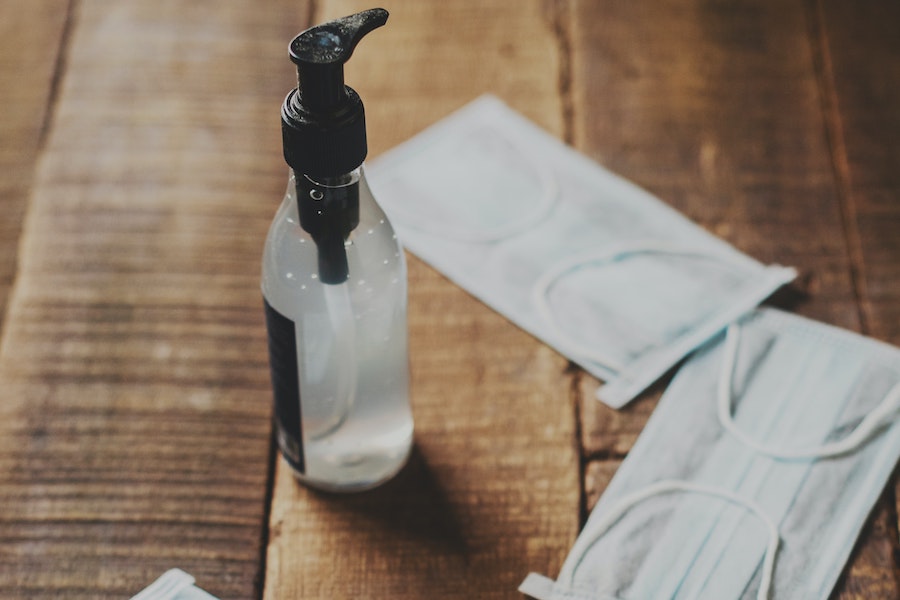
However, a couple of unscrupulous people have been taking advantage of the situation and scamming those looking to purchase face masks and hand sanitisers. Most of these scammers claim to be selling these in-demand goods, before vanishing without mailing your goods to you.
The Singapore Police Force is also currently looking into reports of Medicalex Masks failing to deliver masks purchased from the site. We’d suggest using a reputable source for such purchases.
Here’s a few more instances of e-commerce fraud regarding masks and hand sanitisers.
- 💸 An overseas pharmaceuticals company defrauded of S$10.3 million over purchase of masks and hand sanitisers
- 👮♀️ Four men and a woman arrested for involvement in e-commerce scams regarding face masks on Carousell
- 🚨 Twenty people arrested over one and a half months for involvement in face mask and hand sanitiser scams on platforms such as Carousell
2. Phishing for Personal Information
Phishing scams have also seen an alarming uptake in recent weeks. Phishing refers to people (usually posing as a bank or public office, such as SingPost or MOH) trying to gain your personal information. Normally, these interactions take place over the phone or via email.
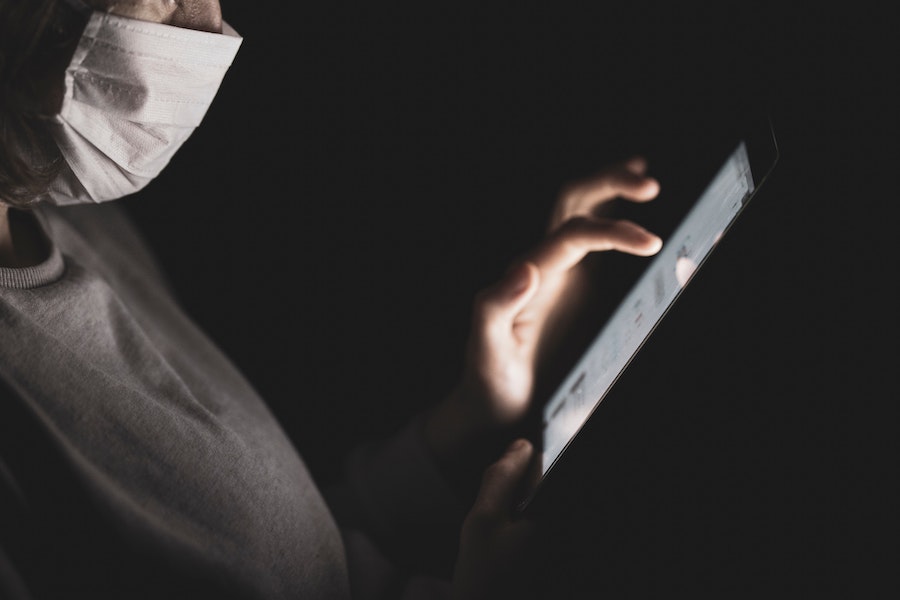
Be especially cautious of entities claiming to require your personal banking or credit card information in order to proceed with whatever “issue” they supposedly have with your account.
Safe to say, most official calls from banks or public offices will not take place in the form of an automated phone call, which is common to most phishing scams.
Here’s a few more instances of phishing scams regarding public offices:
- ☎️ Scammers impersonate MOH staff members and COVID-19 contact tracing staff through automated voice calls
- 🏛 Fake email supposedly sent by Prime Minister Lee Hsien Loong encouraging citizens to respond to COVID-19 crisis with “contributions and thoughts”
- 📫 Phishing attacks from scammers impersonating SingPost staff involving phone calls, emails and text messages
3. Using Coronavirus to Spread Computer Viruses
It seems our physical and psychological health aren’t all that’s at risk during this global pandemic.SingCERT (Singapore Computer Emergency Response Team) has put out a warning regarding malicious email currently making the rounds online.
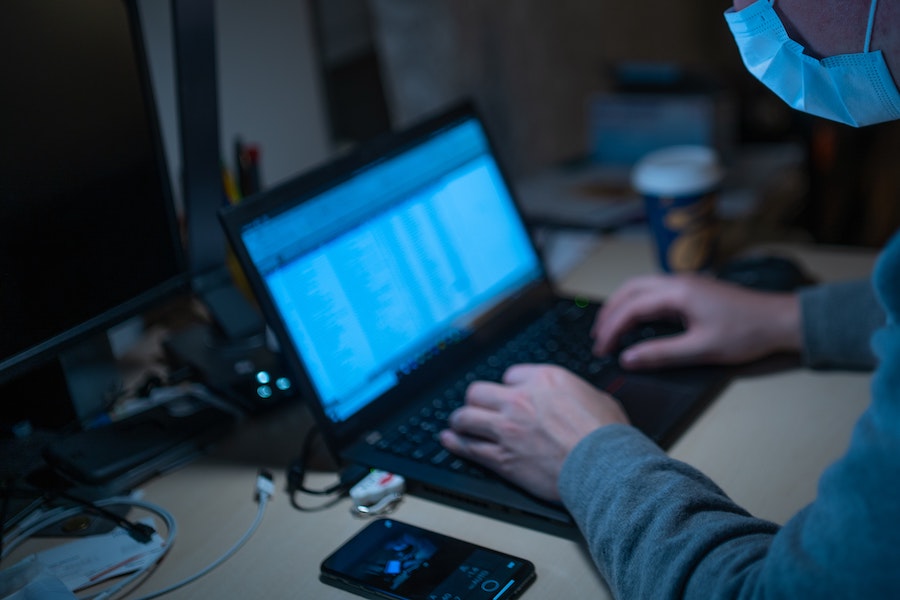
These emails usually contain clickbait in the subject line, in order to entice those who open the email to download or open malicious files disguised as links, PDF, MP4 or Docx files. These files usually copy, delete or edit private information on your computer once they’ve been opened or downloaded.
To ride on the fear and paranoia around coronavirus, these scam emails usually claim to contain information on how to protect yourself from the virus or poses as updates about the pandemic.
Make sure to verify the source of your email before clicking on any links or downloading any files, just to be safe! Global cybersecurity company Kasperski also recommends double checking any downloads or links to ensure that they don’t end with .exe or .lnk before opening them.
Here’s an example of a computer virus being spread via email:
- 🦠 Cyber criminals making use of COVID-19 situation to conduct malicious activities such as sending emails enticing readers to open malicious attachment
Now that you know what to look out for, make sure you’re extra careful to keep your information and money safe. After all, it never hurts to verify the person on the other end of the conversation.
Read: COVID-19 Hotel Refunds & Cancellations Guide
Read: Does Travel Insurance Cover Novel Coronavirus COVID-19?
Read: Do Airlines Refund Flight Cancellations for Coronavirus COVID-19?
Read: Is Taobao Really Cheaper with YouTrip?
Read: How to Buy From Taobao Shopping Guide
Enjoy a travel experience with no fees worldwide!







